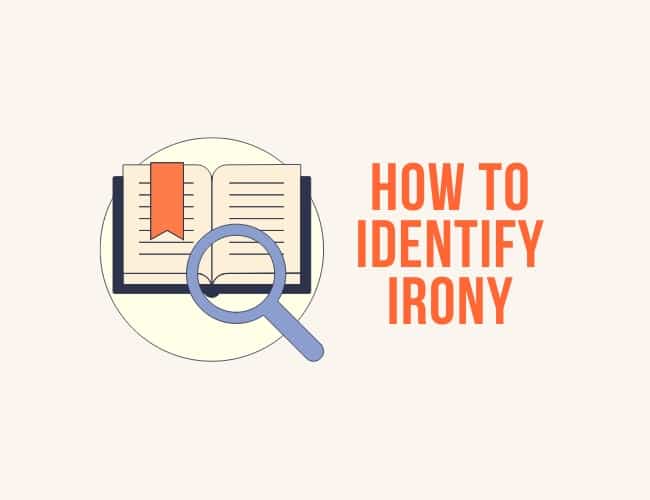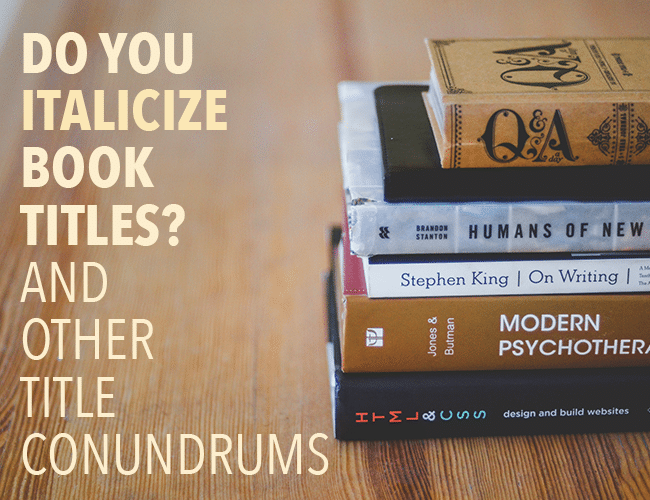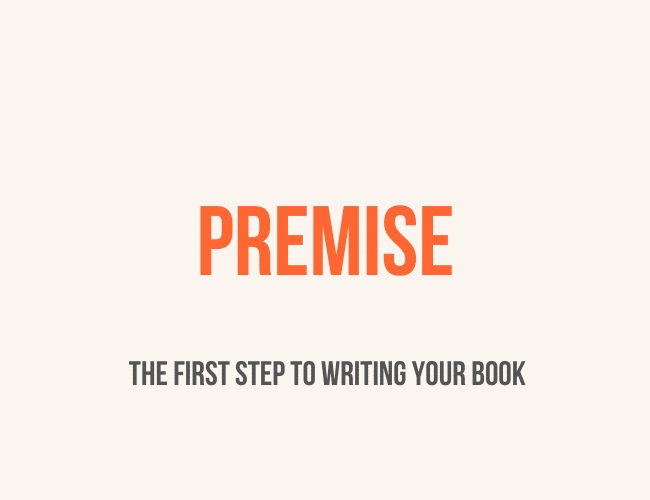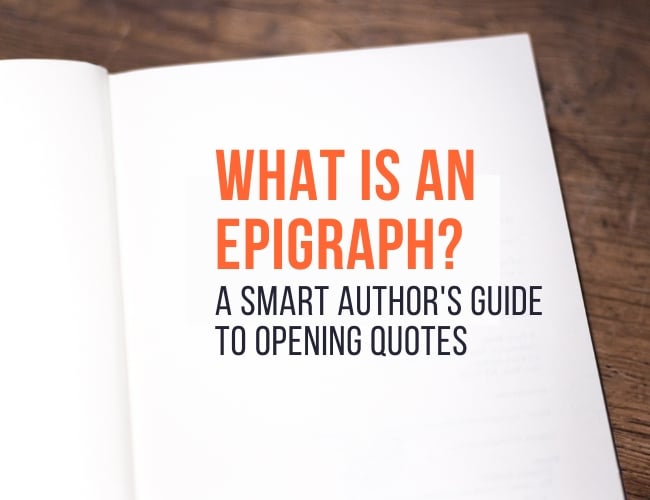
by Robert Harrell |
Irony is one of those literary devices that you feel before you know how to talk about it. Irony is the difference between what you expect and what happens. But what does that mean and can you learn how to identify irony? Let’s learn about irony today.

by Alice Sudlow |
Italics, quotation marks, underlines, plain old capital letters—when it comes to writing titles, the rules can feel like a confusing mess. Do you italicize book titles? What about movie titles? And for goodness’ sake, what should you do with pesky things like TV shows, short stories, or Youtube videos?
With so many different kinds of media, it’s easy to get lost in all the rules. Let’s demystify them, shall we?

by Joslyn Chase |
As writers, we are always working to make our stories the best they can be. One of the more advanced techniques that can help you do this is by giving an underlying meaning in a scene—otherwise known as subtext.
In a story, subtext can be implied by the surface action and dialogue.
When you think about the books and stories that you most enjoyed reading, chances are that story’s scenes were woven with something deeper than what appeared on the surface.
Today I’d like to teach you seven simple techniques for using subtext in your story, which I’ll also teach with some subtext examples.

by Joe Bunting |
Whether you’re writing a book or a blog post, it’s tempting to just dive into your writing project. However, you will likely save yourself time and create a better end product if you settle on a solid premise before you start writing.

by Joe Bunting |
Stuck on the distinction between “in to” and “into”? You’re not alone! Don’t worry, though, I’ve got you covered. Here’s the quick version:
Use “into” to describe where something is: going inside something else.
Use “in to” based on the verb that comes before it. It can have many meanings, but here’s a quick tip that covers some of them: if you can replace it with “in order to,” use “in to.”
Read on for the longer explanation, plus examples of into vs. in to.

by Liz Bureman and Sue Weems |
If you’ve opened a novel and seen a quote on the opening pages then you’ve seen a literary epigraph. But what are they really? Why do authors use them? And how do you know if you need one for your own work in progress?





